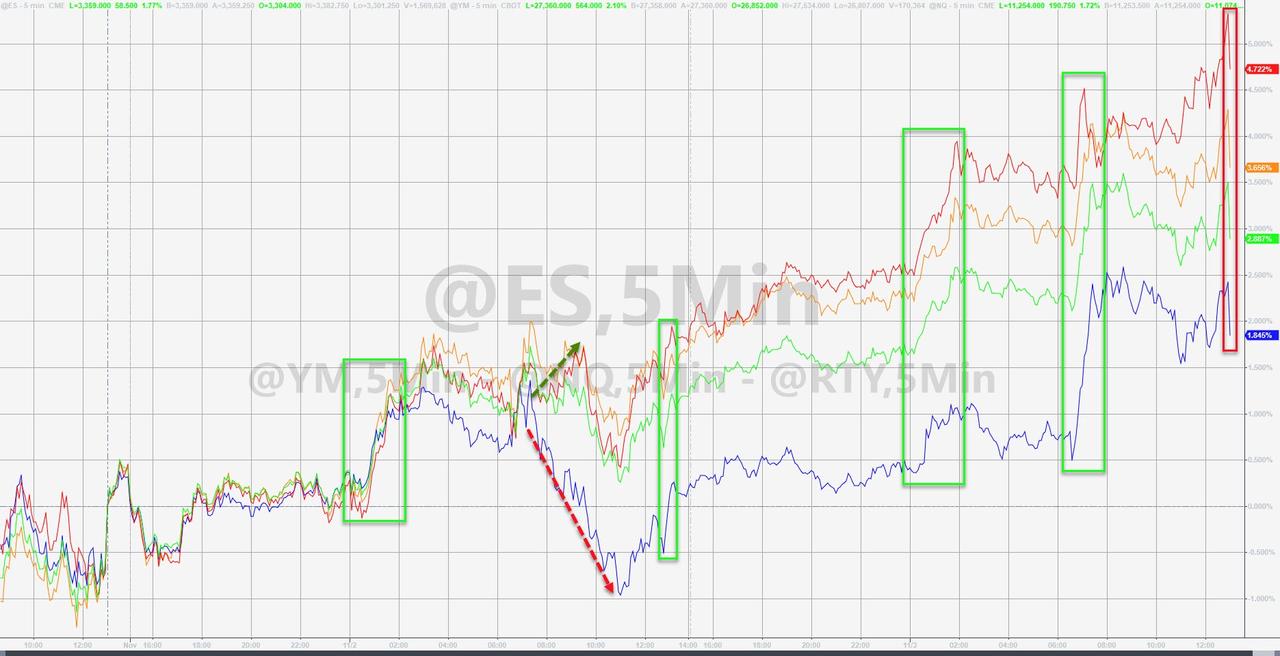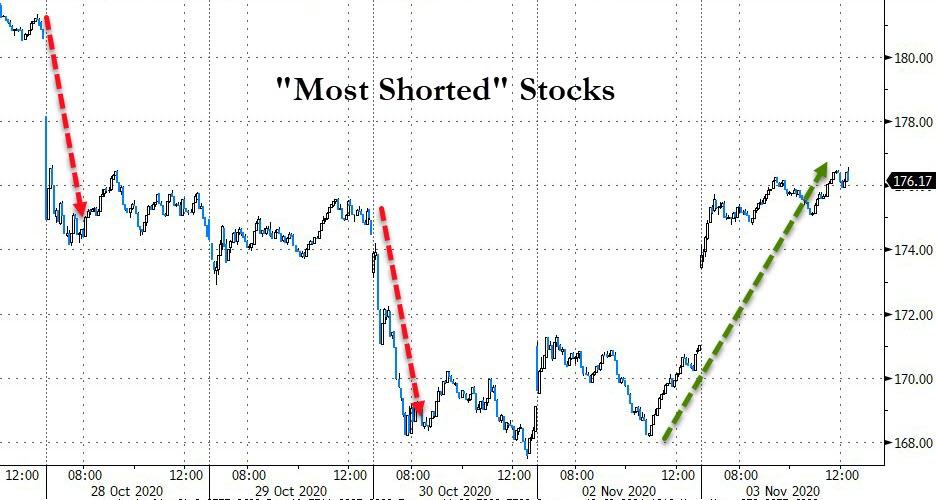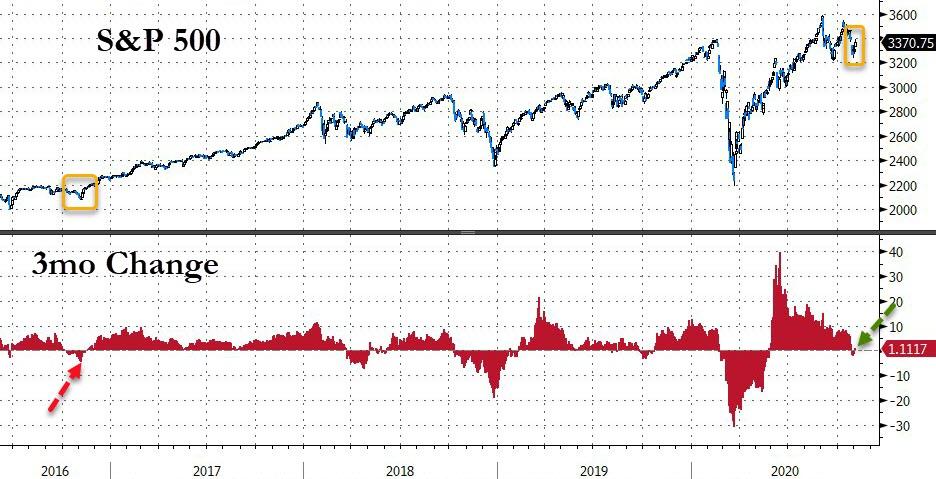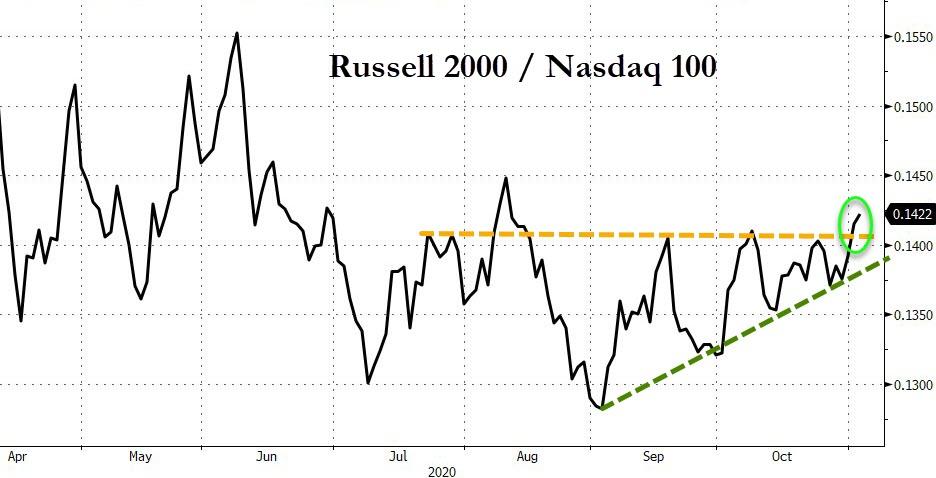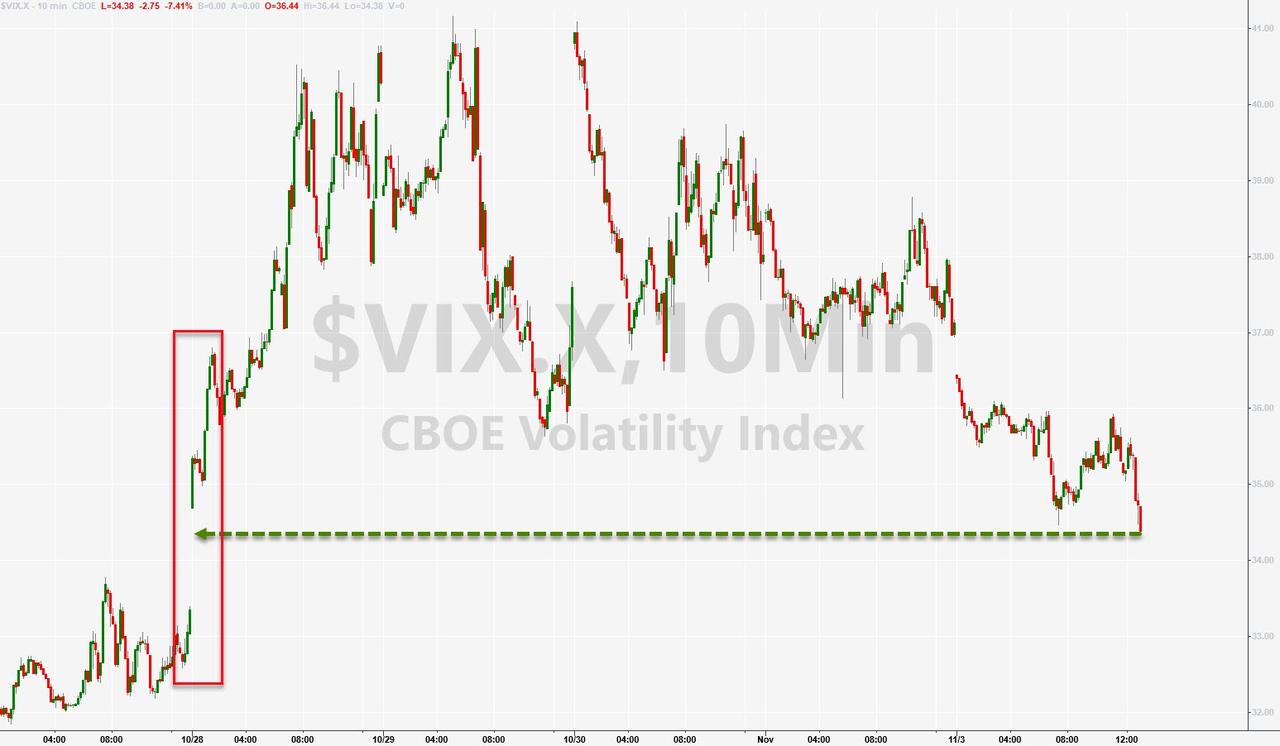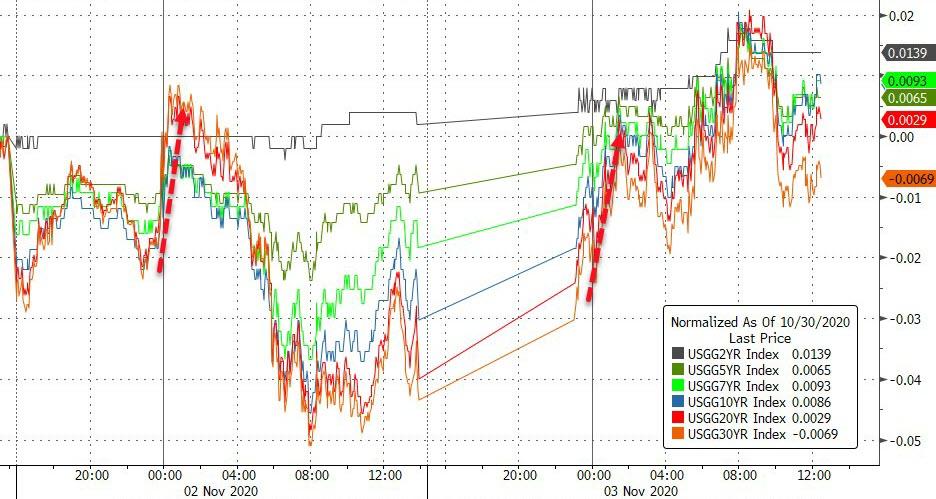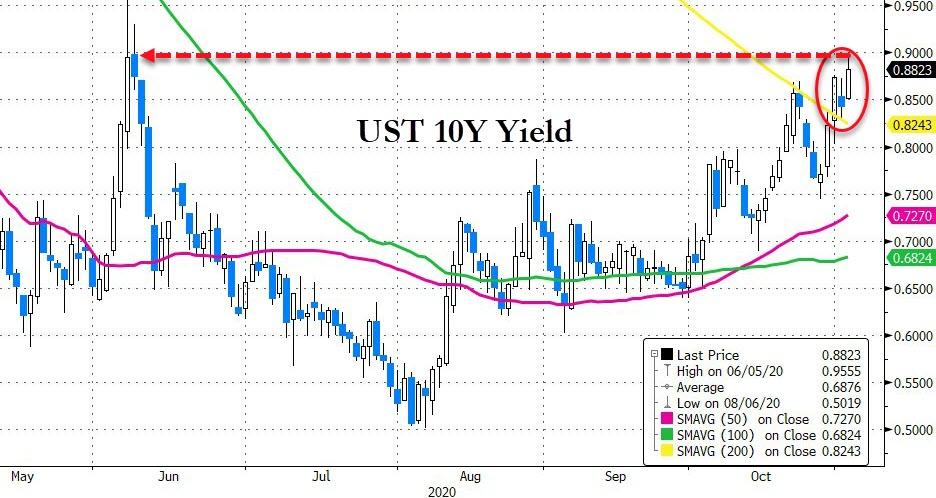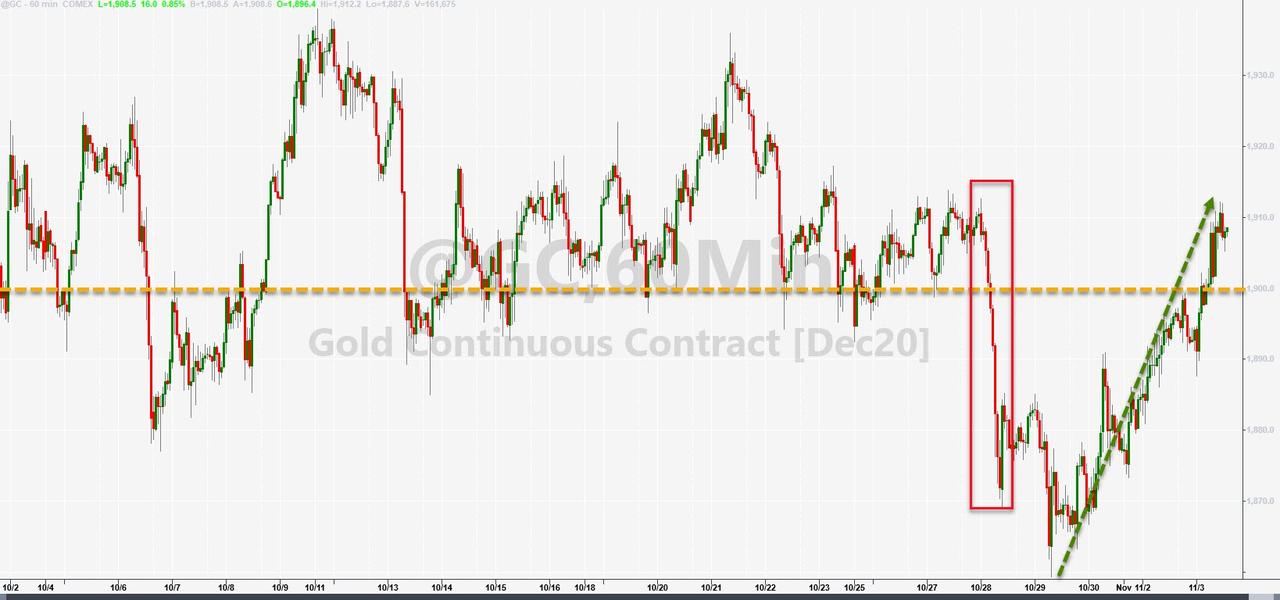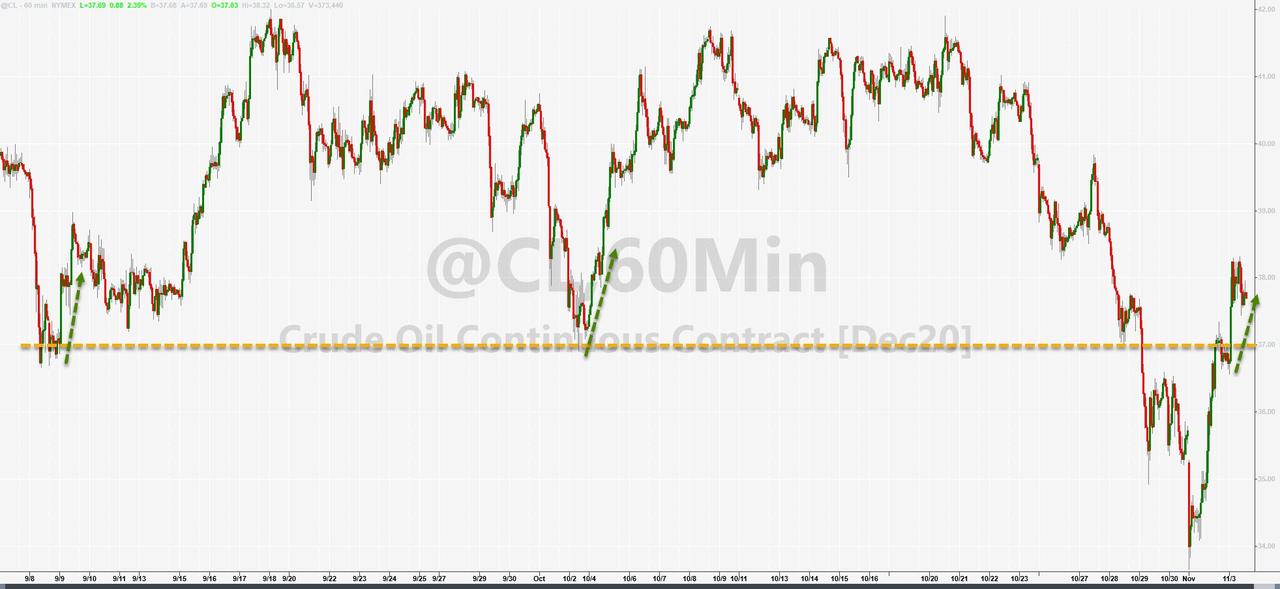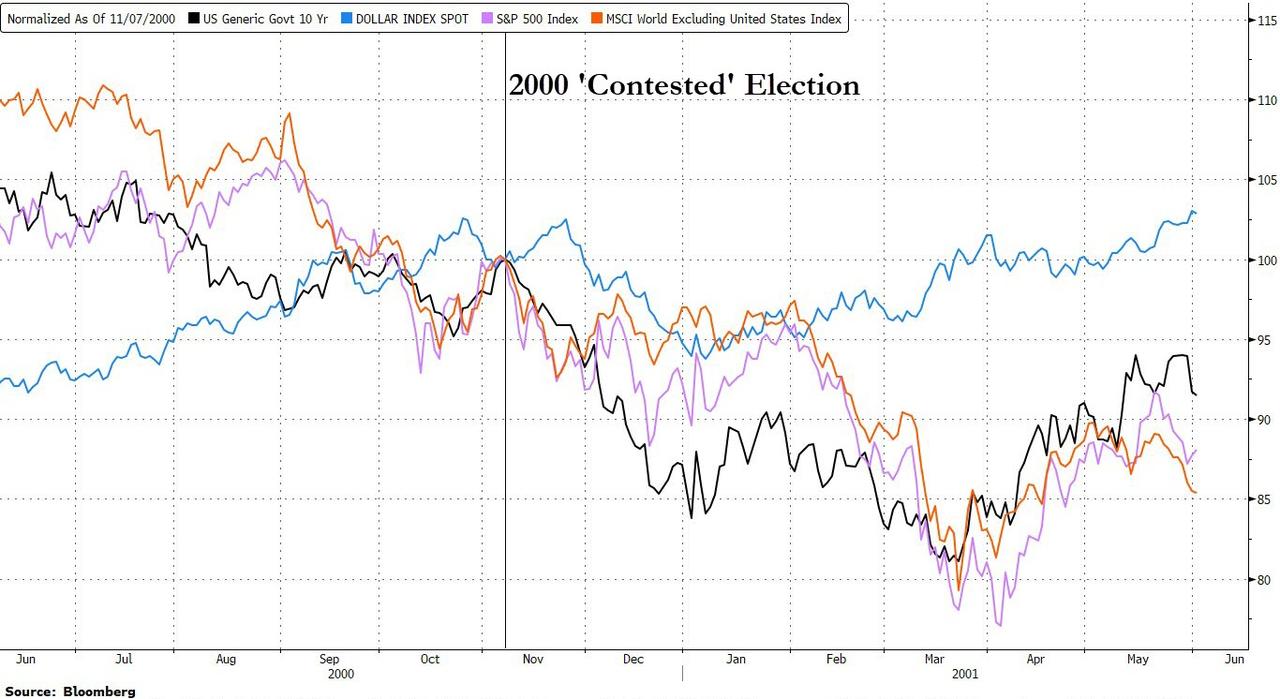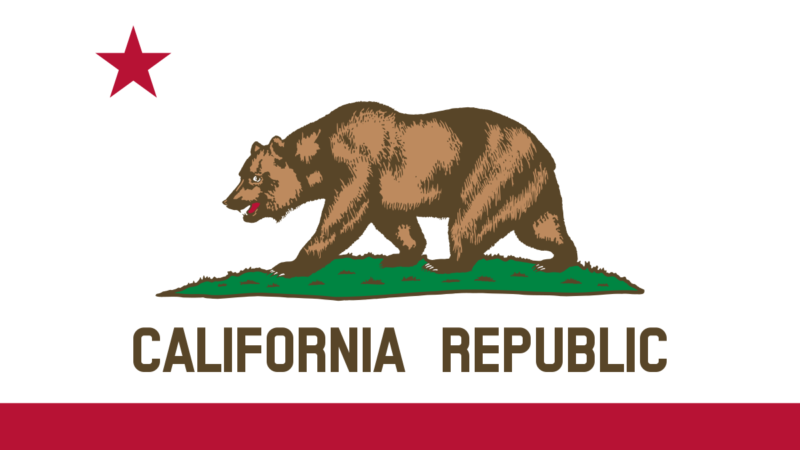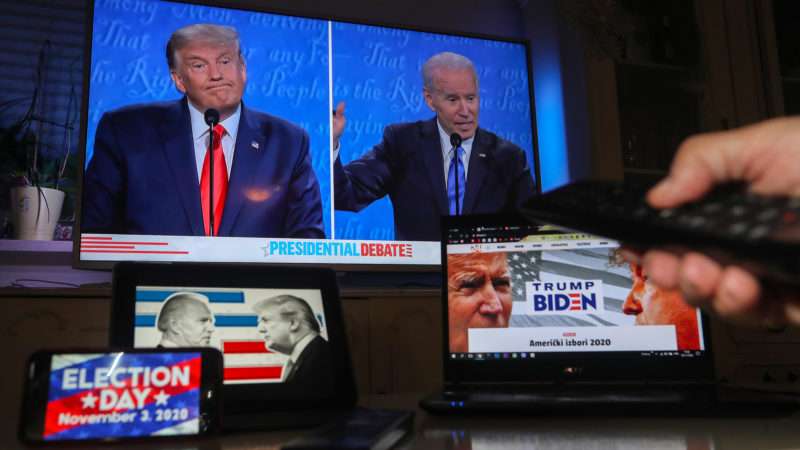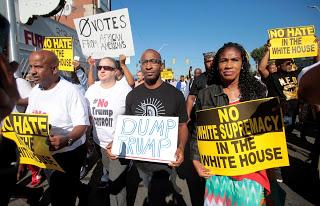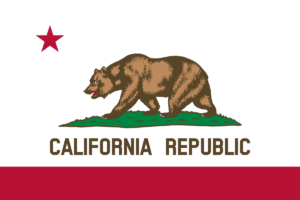
The presidency and control of Congress are not the only things at stake in today’s election. Voters in many states will also vote on a wide variety of ballot initiatives. None are more significant than those in California. Four of the ballot measures in that state have important implications for both the nation’s most populous state, and the struggle for liberty, equality, and property rights around the country.
Proposition 21would authorize local governments to impose rent control on buildings that were first occupied more than 15 years ago. If there’s one proposition that economists across the political spectrum agree on, it is that rent control decreases the quality and quantity of housing—exactly the opposite of what is needed in a state that already suffers from serious housing shortages. Don’t take my word for the broad expert consensus on this issue. Take that of Paul Krugman. Right now, it looks like Proposition 21 will be defeated, as it is trailing badly in polls. If so, it could break the momentum of the growing national movement to expand rent control.
Instead of pushing rent control, California—and other states—should build on recent progress in cutting back exclusionary zoning. That is the best way to expand housing and job opportunities for the poor and lower middle class.
Proposition 22 would exempt app-based transportation and delivery drivers (like those work for Uber and Lyft) from California’s terrible AB 5 law, which forces employers to classify these and many other “gig economy” workers as full-time employees. It thereby destroys large numbers of jobs by increasing the cost of hiring labor, and also eliminates the flexibility many gig economy workers value. The “yes” side on Prop 22 is narrowly ahead in recent polls, but it is far from clear whether it will pass.
If it does, it could be an important milestone for the nation as a whole. Bills similar to AB 5 have been considered in other “blue” states. Democratic presidential candidate Joe Biden has endorsed the terrible idea of imposing such a policy nationwide. While I think Biden is, overall, a lesser evil than Trump, the prospect of a nationwide AB 5 is one of the worst aspects of a potential Biden administration. If Proposition 22 prevails even in deep-blue California, Biden and other Democratic leaders might well decide to shelve the idea of taking AB 5 national, for fear of the political risks of doing so. Such a result might also deter efforts to imitate AB 5 in other states.
Proposition 16 would reverse Proposition 209 (passed in 1996), and permit racial and gender preferences in admissions to California universities and the hiring of employees and contractors by state and local government. My wife Alison Somin (who works for the Pacific Legal Foundation), has written about the danger posed by Prop 16 here and here (one of the articles is coauthored with her colleague Wen Fa). As Alison explains, Proposition 16 would open the door to sweeping racial and gender preferences that go far beyond just narrowly targeted preferences for individuals that have suffered racism and sexism. It would even allow California universities to discriminate against women, in favor of men, in order to achieve what they see as a better balance between genders.
This analysis by UCLA law professor Rick Sander—who describes himself as a “a dyed-in-the-wool liberal Democrat, [and] a very early supporter of Barack Obama’s presidential bid,” also makes many good points. As he emphasizes:
If Prop. 16 passes, the most likely immediate victims of discrimination in California will be Asian Americans competing for spots at the University of California. Many progressives, it seems, are upset that Asian Americans are “overrepresented” relative to their numbers in the high school population, at schools like Berkeley and UCLA.
I could imagine why a white supremacist would be upset about this, but why would anyone else? Have we forgotten that Asian Americans were the main victims of state-sponsored discrimination in California in the early 20th century? Have we forgotten that white conservatives imposed quotas on Jews at Ivy League schools in the 1920s and 1930s because they, too, were “overrepresented” relative to their numbers in the general population? Are those the legacies we want to restore in 2020?
Both Alison and Sander also explain why Prop 16 isn’t necessary to expand opportunities for African-American and Hispanic students, and how it might actually undercut their progress by creating educational “mismatches.”
In my view, there should be a strong presumption against any use of racial and ethnic discrimination by the state, whether it be racial profiling in law enforcement, ethnicity and race-based immigration restrictions, or the kind of seemingly “benign” racial preferences authorized by Prop 16. But even if you don’t take as hard a line on such matters as I do, you still have good reason to oppose Proposition 16.
Prop 16 is currently trailing badly in polls, and looks like it will be defeated. If so, it could be a major setback for racial preferences nationwide. If the idea is defeated in very liberal California, based in large part on opposition from moderates and Asian-Americans, and tepid support among Hispanics (who seem close to evenly divided on the measure), it might lead the national Democratic Party to reconsider whether it really wants to push affirmative action so aggressively.
Finally, Proposition 15 would partially repeal Proposition 13 (passed in 1978) and allow local governments to impose higher property taxes on commercial property. In general, I oppose funding government through taxes on immobile assets, as opposed to income, as taxation of the latter is more subject to interjurisdictional competition facilitated by taxpayers’ ability to vote with their feet. In addition, Prop 13 has near-iconic status, and a successful effort to (partially) roll it back could inspire imitation in other states. The polling on Proposition 15 is close (with “yes” narrowly leading), and it is difficult to say which side will win.
In sum, much is at stake in these four referendum initiatives in the Golden State. Hopefully, voters will make the right decisions.
NOTE: As indicated above, my wife Alison Somin has been involved in efforts to oppose Proposition 16. Her employer, the Pacific Legal Foundation, has represented plaintiffs in litigation challenging the constitutionality of AB 5. I do not have any financial stake in either effort, and my views on both issues are ones I have held since long before Alison took a position at PLF in May of this year. But I nonetheless disclose this information for the sake of transparency, and to avoid any imputation that I’m somehow hiding a conflict of interest.

from Latest – Reason.com https://ift.tt/2GvrjSg
via IFTTT
